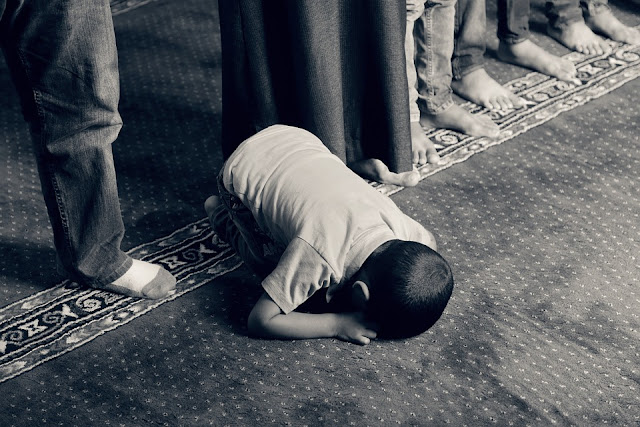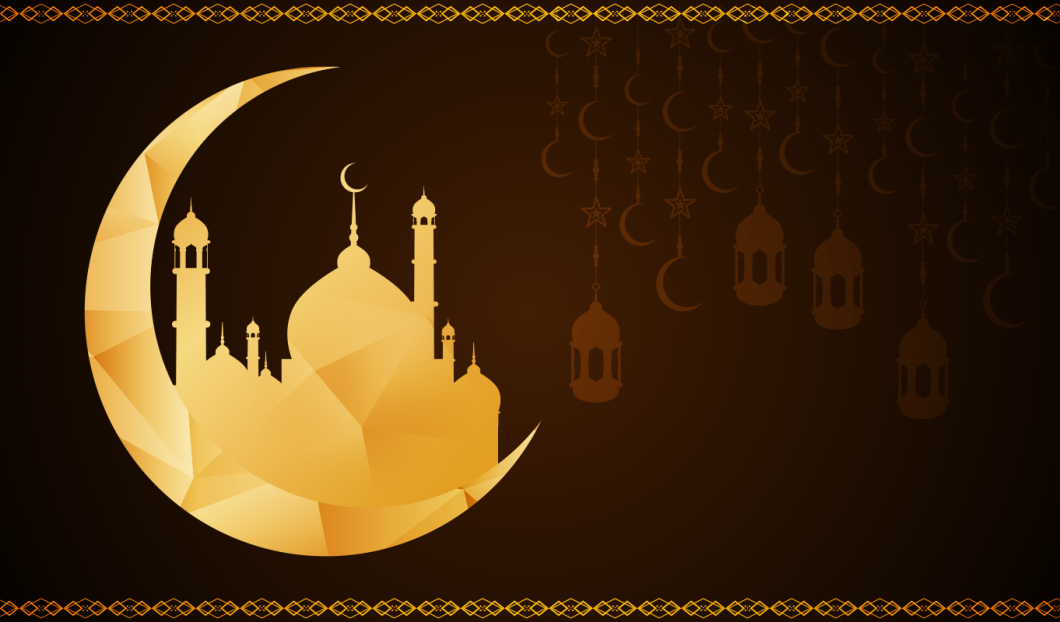As it’s a known fact that heart is the most important part of a person as it depicts the “inner self” of the person. In the language of Quran, the inner self is better termed as “Qalb” or the “Heart”. What is more important to any Muslim is the sight of Allah in the state of our heart. What will finally save us on the Day of Judgement is our pure heart. Therefore, it is said that heart is playing an important role in any one’s life and it has an amazing position in Islam.
In the Islam religion, improving on one’s character has always been kept on priority. According to the words of Prophet, “Nothing is heavier on the believer’s scale on the Day of Judgement than good character” (Tirmidhi). As per the above saying, we can conclude that on the judgment day a person’s good character and divine heart will matter the most. In another Hadith ‘Abu Huraira’ the messenger of God said: “Allah does not look at your figures or your attire but he looks at your hearts and accomplishments.”
Therefore, it’s always suggested to focus deliberately every day on improving the state of heart helps in gaining the good character which helps in increasing the overall productiveness. Below mentioned are some tips from holy Quran and Sunnah which helps in making your heart purer and soul more divine.
- Concentrate on your Inner thoughts: In your inner thoughts keep Allah Almighty so close to your mind is known to Allah (SWT).May it be good or bad though, it’s well known to Allah Almighty. In the holy Quran, it is said: “And we have already created man and know what his soul whispers to him and we are closer to him than (his) jugular vein” (Quran 50:16). Whenever you are feeling accountable to Allah for our inner thoughts, we desperately judge the matter with our understanding. We should always pay attention to our inner thoughts which helps in inspecting different aspects of life and things about which we are focussing. As we do this, we are surely working towards increasing our productivity, happiness and mentality comfort.
- Start with Repentance: Sins and restrictions that restrain the chances to do the good work begin with the journey of purifying heart and soul with our genuine repentance. In Holy Quran, Allah Almighty says “Allah loves those who constantly repent” (Quran, 2:222). We can attain Allah’s blessings and love while you are repenting. Our dear Prophet (SAW) said that: “The best of creation, would seek repentance over 70 times a day; repentance from a sin reduces its sweetness – it discourages you from doing it again.”
- Increase the acts of Kindness: When are trying to focus on our own mistakes rather than other tasks, then we are becoming more aware towards our deeds. Once we are purifying our heart we are adding much good and beautiful things to our heart. Allah Almighty states in holy Quran, “Take from their wealth a charity by charity by which you cleanse them and purifying them, and invoke blessings upon them.” (Quran 92:103). When we are discussing on Charity that does not only means giving wealth but it also includes how much time you are giving to people, your effort and even a smile or a kind word.
- Always Offer Obligatory Prayers: Performing obligatory prayers is the most obvious act that should be done on an everyday basis. Better actions are originated from better states. If you are striving to keep up your prayers, just take a look at spiritual causes and that may be hindering your access in gaining the blessing from Allah. Actions are always based on the personal intentions. Allah says in Quran, “He has succeeded who purifies himself, who remembers the name of his Lord and prays.” (Quran 87:14-15)
- Always Read Quran Daily: Make a routine to read the Quran daily, no matter its one page or few pages or even if you read easily the one after other the obligatory prayers daily. Allah Almighty said in Quran, “Those who have believed and whose hearts are assured by the remembrance of Allah. Unquestionably, by the remembrance of Allah hearts are assured.” (Quran 13:28). Reading Quran daily is the highest form of Dhikr (Remembrance of Allah).
In a nutshell, we can say that to attain the high level of productivity, our heart should be light and beautiful. For purifying the soul and heart the above-mentioned points should be followed. Ameen!!









